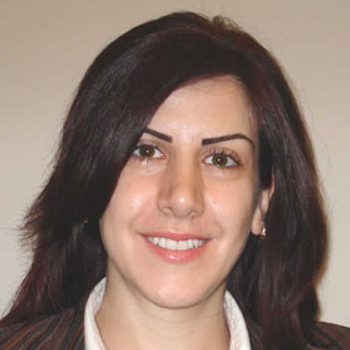Feingold Syndrome Overview
Learn About Feingold Syndrome
Feingold syndrome is a disorder that affects many parts of the body. There are two types of Feingold syndrome, distinguished by their genetic cause; both types have similar features that can vary among affected individuals.
Mutations in the MYCN gene cause Feingold syndrome type 1, and mutations in chromosome 13 that remove (delete) a region of the chromosome that includes the MIR17HG gene cause type 2. Both genes are involved in growth and development, particularly before birth.
Feingold syndrome appears to be a rare condition, although its exact prevalence is unknown. Type 1 is more common than type 2.
This condition is inherited in an autosomal dominant pattern, which means one copy of the altered gene in each cell is sufficient to cause the disorder.
East Tennessee Medical Associates, P.C.
. Dr. Kfoury is rated as an Advanced provider by MediFind in the treatment of Feingold Syndrome. Her top areas of expertise are Acute Kidney Failure, End-Stage Renal Disease (ESRD), Chronic Kidney Disease, and Nephrosclerosis.
Kohji Kato practices in Nagoya, Japan. Kato is rated as an Elite expert by MediFind in the treatment of Feingold Syndrome. Their top areas of expertise are Feingold Syndrome, Increased Head Circumference, Ulnar-Mammary Syndrome, and Dandy-Walker Syndrome.
Kenjiro Kosaki practices in Tokyo, Japan. Mr. Kosaki is rated as an Elite expert by MediFind in the treatment of Feingold Syndrome. His top areas of expertise are Feingold Syndrome, Increased Head Circumference, Hypotonia, Oophorectomy, and Salpingo-Oophorectomy.
Published Date: June 01, 2018
Published By: National Institutes of Health
